Kyle Daigle
Coffee With Developers - Kyle Daigle, COO of GitHub
#1about 3 minutes
How GitHub evolved from a Git wrapper to a social platform
GitHub's success came from making Git accessible and building a platform for developers, by developers, which grew organically from repositories to pull requests and issues.
#2about 2 minutes
How GitHub dogfoods its own products for daily work
Internal operations, from the company intranet on GitHub Pages to documentation edits in Code Spaces, are run on GitHub's own tools, even by non-developer teams.
#3about 3 minutes
Adopting a pragmatic approach to internal tooling
While GitHub is the central hub, non-developer teams like legal and sales use purpose-built tools like Salesforce, with the results and discussions being shared back into repositories.
#4about 2 minutes
Providing multiple on-ramps for developer workflows
GitHub offers a range of interfaces including the web UI, CLI, desktop, and mobile apps to accommodate the diverse preferences and workflows of all developers.
#5about 3 minutes
How Copilot Workspace solves the Code Spaces cold start problem
GitHub Code Spaces faced adoption challenges due to the complexity of dev containers, leading to the development of Copilot Workspace which automates environment setup.
#6about 2 minutes
Why AI is a copilot, not an autopilot for developers
The name "Copilot" reflects a core belief that AI should augment developers by removing toil while keeping them in control, rather than replacing them.
#7about 3 minutes
How the Octocat became a symbol of the developer community
The Octocat mascot, Mona, was embraced by the community and became a powerful symbol of brand affinity and shared identity among developers worldwide.
#8about 3 minutes
Making a remote-first culture work requires deliberate investment
A successful remote-first model depends on intentionally investing in team connection and culture, rather than simply viewing it as a way to cut office costs.
#9about 2 minutes
Navigating the legal complexities of hiring globally
Hiring talent worldwide requires strategically establishing legal entities in different countries to comply with local employment laws, a significant operational investment.
#10about 2 minutes
Addressing security and connectivity for remote employees
GitHub ensures security for its remote workforce through practices like physical keys and provides benefits to help employees secure reliable internet access for video collaboration.
#11about 3 minutes
Using a follow-the-sun model for continuous development
A globally distributed team provides a competitive advantage with 24/7 productivity and on-call coverage, but requires investment to maintain a single, unified company culture.
#12about 4 minutes
Rejecting an "up or out" culture to retain talent
GitHub supports employee retention by offering flexibility in career progression and work arrangements, allowing people to thrive without constant pressure for promotion.
#13about 3 minutes
Solving cumbersome internal processes with a developer mindset
The biggest operational challenge is clunky HR tooling, which can be improved by applying developer-centric solutions like ChatOps for tasks like submitting PTO.
#14about 2 minutes
How GitHub determines salaries for a global workforce
Compensation is based on the local cost of talent rather than a single global rate, ensuring fair pay that allows employees to live comfortably wherever they are.
#15about 4 minutes
Using software sprints to accelerate internal tool adoption
By treating the selection and rollout of new internal tools like a software project with iterative sprints, the operations team can deliver value to employees much faster.
#16about 3 minutes
Fostering better collaboration across different teams
The next major focus is to break down silos and encourage multidisciplinary teams to work together towards common goals, reflecting the "better together" company value.
Related jobs
Jobs that call for the skills explored in this talk.
Power Plus Communications
Mannheim, Germany
Intermediate
Senior
Docker
Kubernetes
+2
fulfillmenttools
Köln, Germany
€50-65K
Intermediate
TypeScript
Google Cloud Platform
+1
Matching moments
Featured Partners
Related Videos
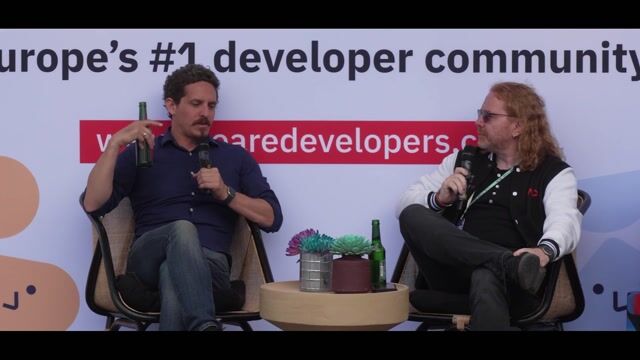 37:05
37:05Coffee with Developers - Scott Chacon on growing GitButler and the future of version control
Scott Chacon
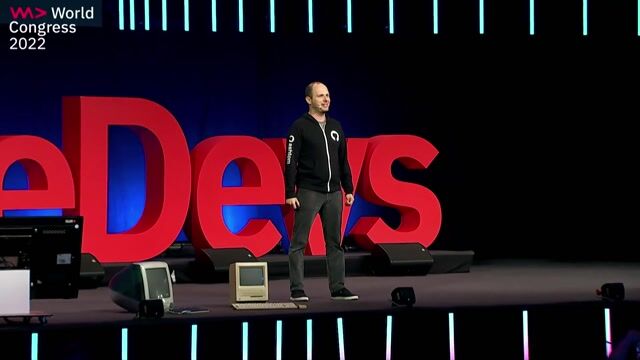 35:31
35:31How we will build the software of tomorrow
Thomas Dohmke
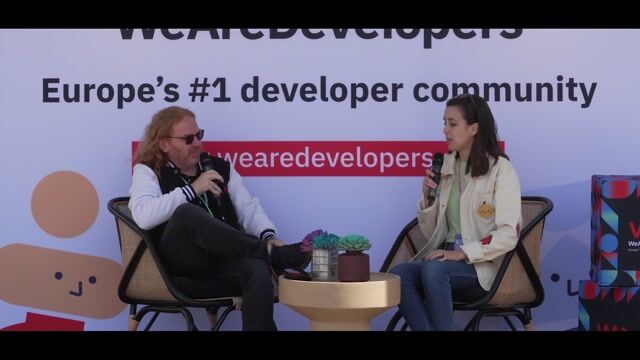 44:20
44:20Coffee with Developers - Cassidy Williams -
Cassidy Williams
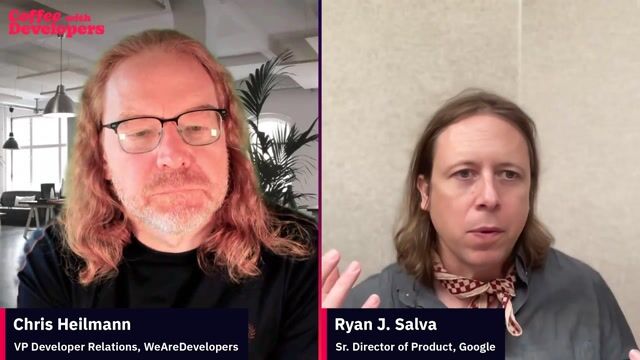 59:16
59:16Developer Productivity Using AI Tools and Services - Ryan J Salva
Ryan J Salva
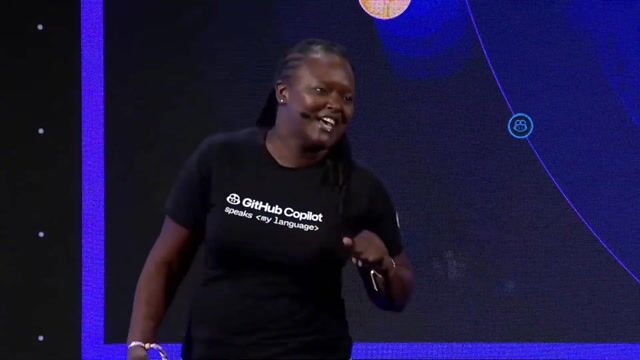 26:52
26:52The Road to One Billion Developers
Thomas Dohmke & Demetris Cheatham
 42:38
42:38Innovating Developer Tools with AI: Insights from GitHub Next
Krzystof Czieslak
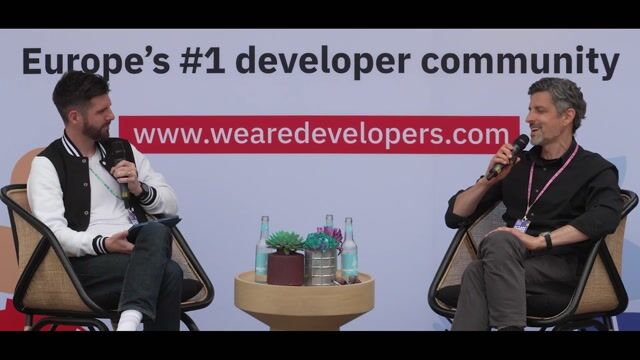 27:20
27:20Coffee with Developers - Adam Wiggins
What AI Can Learn from Version Control - Daniel Siegl (Syntevo)
Daniel Siegl
Related Articles
View all articles



From learning to earning
Jobs that call for the skills explored in this talk.


knowmad Mood
Barcelona, Spain
Remote
GIT
Bash
Redis
DevOps
+9

knowmad Mood
A Coruña, Spain
Remote
GIT
Bash
Redis
DevOps
+9

knowmad Mood
Boiro, Spain
Remote
GIT
Bash
Redis
DevOps
+9

knowmad Mood
Lleida, Spain
Remote
GIT
Bash
Redis
DevOps
+9

knowmad Mood
Santa Cruz de Tenerife, Spain
Remote
GIT
Bash
Redis
DevOps
+9

knowmad Mood
Gijón, Spain
Remote
GIT
Bash
Redis
DevOps
+9

knowmad Mood
Municipality of Santiago de Compostela, Spain
Remote
GIT
Bash
Redis
DevOps
+9

knowmad Mood
Badajoz, Spain
Remote
GIT
Bash
Redis
DevOps
+9